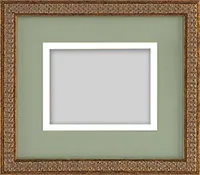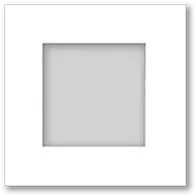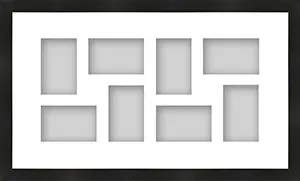Ok
Ok
What is the question
Cancel
My Account
Log In
Favorites
Saved Designs
Log In
Shopping Cart
Search
Bas-Relief
Definition: Bas-relief is a sculptural technique in which a shallow three-dimensional image projects slightly from a flat background surface. This low-relief style is often seen in coins, architectural carvings, and decorative panels, where depth is suggested without extreme protrusion.
Characteristics
- Shallow depth, usually only a few millimeters to centimeters from the background plane.
- Creates the illusion of depth and dimensionality through carving, molding, or casting.
- Common in both artistic and functional applications, from ancient architecture to modern commemorative objects.
Applications in Art and Framing
- Found in architectural elements, wood carvings, coins, plaster decorations, and medals.
- When framed, bas-relief artworks often require shadow box frames or glass spacers to prevent direct contact with glazing.
- Bas-reliefs on panels or plaques may be displayed in floater frames or mounted using a float mount technique.
- Popular in historical and religious contexts as well as modern décor.
Conservation Considerations
- Fragile raised surfaces are prone to abrasion and dust accumulation.
- Framing should ensure sufficient clearance from glazing to prevent damage.
- Stable environmental conditions (temperature and humidity) reduce the risk of cracking, warping, or deterioration of organic materials like wood or plaster.
Related Terms









